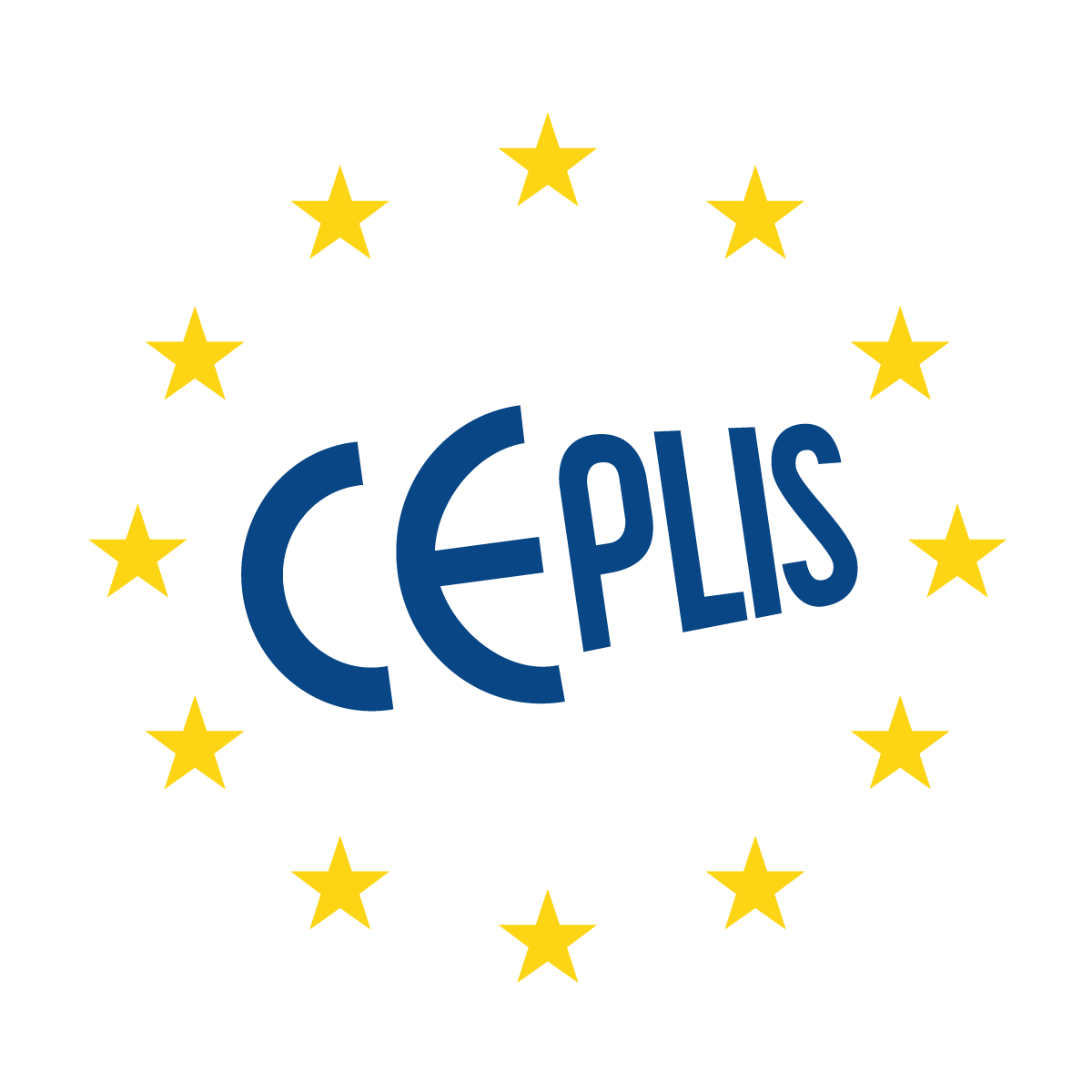In March 2000 the European Council of Lisbon adopted a programme for reform. The aim was to make the EU the most competitive and dynamic knowledge-based economy in the world by 2010. The Commission recognise the contribution that liberal professions make to the economy (II) in all Member States and thus to the EU economy as a whole.
One major identifying factor of a profession is the willingness of individual practitioners to comply with ethical and professional standards that exceed the minimum legal requirements. It is clear that where professional activities are provided cross border, the host Member State’s professional rules linked to professional qualifications, particularly those linked to consumer protection and safety shall apply (III). This recognises the current position in which codes of conduct for an individual professional may differ from one Member State to another and that those who avail themselves of cross-border professional activities will expect it to be provided subject to the same ethical and practice standards as apply where they live.
Directive 2006/123 asks Member States, in cooperation with the Commission, to encourage the drawing up at Community level of professional codes of conduct and to ensure that such codes are accessible by electronic means.
The Commission stressed the importance of codes of conduct at the European level (IV); in particular this Report stated that laying down codes of conduct at European level may also help to bring out the specific nature of the activities of certain sectors, especially regulated professions, by guaranteeing that they can exercise their profession independently and by protecting the impartiality of the rules of professional conduct.
CEPLIS considers that having regard to the provisions of the Directives and the Commission Report (III-IV), as well as the European Commission’s proposal in regard to Entrepreneurship (V) it is timely to carry out a review of the CEPLIS Common Values taking into account the continued integration of the European Union, the increasing frequency of cross border activities by members of the liberal professionals within the European Union and the impact of developments on professional practice.
CEPLIS recognises that there will be differences in detail in codes for individual professions at EU level, for example in the area of confidentiality of information. There will also necessarily be differences in detail in the way that the values in the EU code are reflected in the codes at Member State level to recognise differences in legislation – for example on data protection – and in culture and tradition. The initiative should however result in considerable narrowing of differences in codes applicable in individual Member States.
The activities of liberal professionals comprise intellectual tasks for the proper discharge of which a high level of legal and technical and sometimes scientific knowledge is required. The necessary knowledge is acquired by the successful completion of studies leading to a degree or diploma of higher education and/or the award of a recognised professional title. In some cases there may be additional requirements leading to registration with a regulatory body before practice is permitted. The liberal professional then becomes subject to the code of conduct applicable to that profession drawn up by the appropriate professional body with a focus on the interests of those who seek to avail themselves of professional activities. That professional is aware that contravention of the provisions of the code may lead to disciplinary sanctions. Clients and patients must have confidence that alleged contravention of the provisions of Codes of Conduct will be treated seriously by the professional body concerned and, if proved, will result in action proportionate to the seriousness of the breach being taken.
CEPLIS believes that the Common Values have assisted and will continue to assist the liberal professions, clients and patients and accordingly recommends the inclusion of the following equivalent values in national codes of conduct.









 English
English